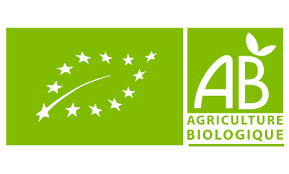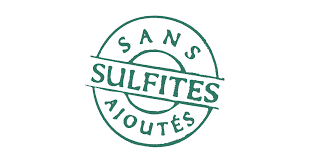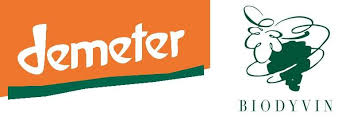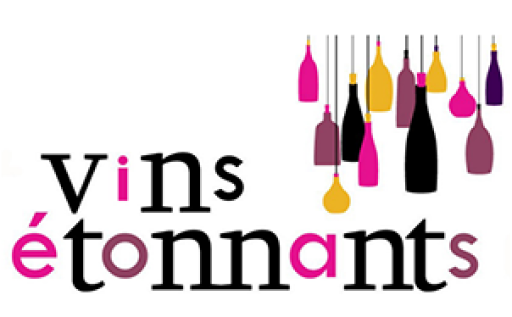Livraison à partir de 9.50€ pour la France !
Franco à 250€ de commande pour le France continentale et la Belgique.
Drémont Marroy (Champagne)
The estate extends over 4 villages and includes 23 plots, all ideally distributed on the hillsides bordering the banks of the Marne.
Located in the Marne valley (all west of Champagne), we have a capricious and humid micro-climate that we have to tame since it often plunges our plots into a spectacular morning mist.

The notion of terroir may seem quite abstract and yet, when we work in contact with nature day after day everything seems obvious. Depending on the place, the type of soil, exposure and climate, the same plant will express itself differently. And it is through the gesture of the winemaker that this terroir will be sublimated.
Their objective is to let the terroir of each of the plots express itself. This is why they do everything possible so that nothing comes to interfere with these ecosystems.
The abandonment of chemical pesticides and insecticides, grassing, compost and use of plowing instead of chemical weeding help protect biodiversity and promote soil life.
Respect for the environment is obvious for them. They therefore naturally decided to engage our vineyard towards an organic viticulture mode.
100% of the grapes collected during the last harvest was treated via certified organic alternatives, without insecticide or fungicide.
Finally they chose to use an ancestral pressing method (differential pressing), allowing to isolate the best of the bay. It is this exceptional juice they use in the development of their champagnes. The second part will be used to develop ratafias.
In order not to shake up and weaken their wines, they intervene as little as possible, they give them time to be born and rest. No malolactic fermentation in order to keep freshness and liveliness, clarifification is naturally carried out thanks to winter cold and passing time, which avoids filtration. Lies farming is intended to be long, giving maximum structure and complexity to wines.
Barrels, half-muids, concrete or enamel ovole tank. Each plot is vinified and raised in a container capable of revealing it and sublimate it. In order to be free and creative in their assemblies, they use container of small volumes, this allows you to have a rich aromatic palette. Base wines are then used as spices.
What does the name organize mean?
This can be so diverse depending on the personality of their sire, that it is easier to define what it is not. An author wine is anything but a standard, stereotypical wine, made to please as many people as possible. It is therefore rarely produced in millions of copies, copying itself from vintage in vintage.
An author wine is therefore a wine that does not look like that of the neighbor. Which from year to year will evolve according to the vagaries of the weather and the mood of the author - the two that can be linked. Because the author does not rely on market studies to carry out his boat. He makes his wine as he feels, as he likes, as he can, sometimes ... and too bad if he does not please everyone.
This is why author wines are sometimes classified as "table wine" or "France wine". Because the winemaker did not plan the authorized grape variety*, makes the assembly or vinification recommended in the name **. He is often a bit rebellious, our author. But that is why we like it! ... That said, author's wines are not systematically marginal: they are present in most of the appellations, and can be part of the elite of these this***. Because they are not content to have personality: they are good, in addition! With in general aDegree of TorchabilityVery high: we never tire of it at the end of the first sip.
As author's wines are not chaptalized, levied, hacked ... They can have very different profiles depending on the vintage. It is up to us (resellers and consumers) to accept them as they are, and to remain faithful to the producers, because they need us to continue their activity.
______________________________
* For example, theTouriga Nacionalin the Minervois, or theSyrahIn Forez ribs. They are crazy, these authors!
** Some winegrowers dare to produceSweety with Mourvèdre or oneNatural sparkling with Pineau d'Aunis
*** Like those of Jean-François Ganevat in the Jura or Zind-Humbercht in Alsace









